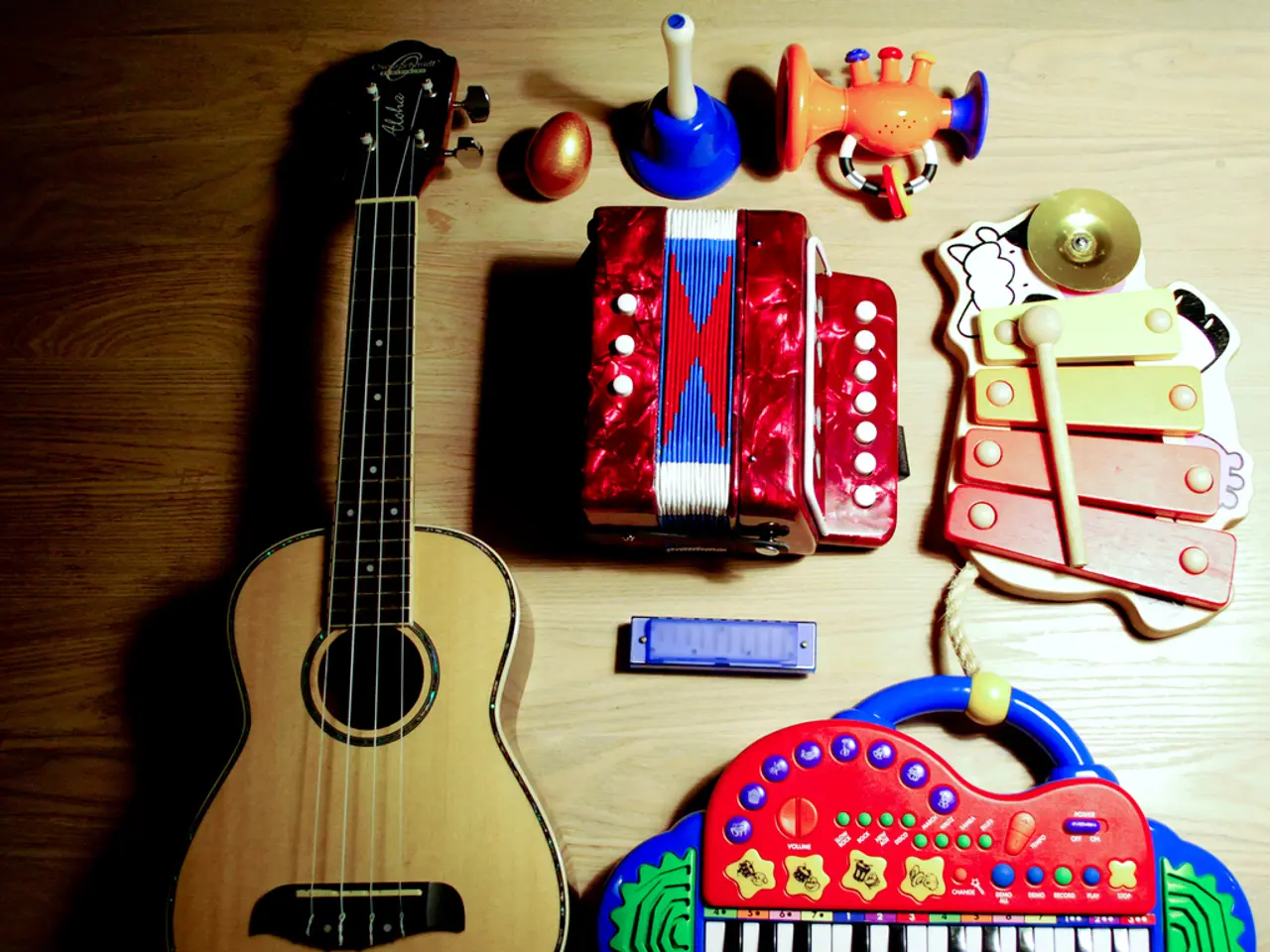United Kingdom's string instrument-crafting educational program, the last of its kind, on the brink of shutting down.
The UK's only degree-level luthiery course at the Newark School of Violin Making has been suspended for the 2025-26 academic year, marking a critical moment for violin-making education in the country. This suspension effectively makes the course critically endangered, as the Newark School has been one of the few formal education pathways for professional violin makers in the UK.
Reasons for Closure ---------------------
The exact detailed reasons for the suspension have not been fully published, but analysis from the luthier community and insiders suggests multiple challenges. Small specialist craft courses often struggle with funding and enrollment targets, especially niche programs like violin making which attract fewer students compared to other music or craft disciplines.
The Newark School reported it would not be accepting students for the new academic year, indicating recruitment difficulties. The specialized nature and cost of luthiery training may deter many potential students. Increasingly competitive higher education environments and the prioritization of more commercially viable or popular subjects have put pressure on rare craft programs.
The suspension raises concerns about the future of traditional British craftsmanship in violin making, a heritage craft maintained by skilled makers passing on their trade through such courses.
Potential Solutions --------------------
Experts, alumni, and community voices have suggested several ways to address the crisis and support the survival of luthiery education in the UK. Greater funding and strategic support from government, arts councils, and educational bodies could stabilize these programs financially.
Updating course offerings to include more contemporary techniques, wider instrument making, or incorporating digital technologies might attract wider interest. Collaborating with established universities, music conservatories, and crafts organizations could help by sharing resources and raising the profile of luthiery.
Expanding apprenticeship schemes and practical training opportunities outside formal degree programs could sustain skills development even if degree courses are paused. Greater engagement with the music and arts industry to promote the importance of heritage crafts could lead to sponsorship and mentoring programs.
In summary, the closure of the Newark School's degree course reflects a precarious situation for UK luthiery education but also opens a dialogue on adapting and securing the future of this traditional craft through funding, modernization, partnerships, and community involvement.
The Newark School of Musical Instrument Crafts' decision to close its degree course in luthiery has sparked a campaign to reverse it. Luthiery includes the making of string instruments such as violas, cellos, double basses, and guitars. The art form of luthiery (string instrument-making) is under major threat, as it is one of the crafts on the red list, as critically endangered.
The potential loss of luthiery training institutions could threaten the future of a culturally significant craft. Daniel Carpenter, executive director of the Heritage Crafts Association, expressed concern about the potential loss of this skill. Benjamin Hebbert, the former chair of the British Violin Making Association, emphasized the importance of luthiers in society, not just in the professional realm, stating that without them, there would be no music in schools or the community.
Chris from Market Drayton, a signatory of a Change.org campaign against the closure, expressed concern about the potential loss of luthiery training in the UK, stating it would be a "desperate loss" to have to import instruments and technicians. Melanie Watson, Newark's assistant principal, mentioned the possibility of replacing the degree programme with a privately funded course, but this would mean students would not be able to access student finance and overseas students would not be eligible for student visas.
No information was provided about the potential impact of the closure of the luthiery degree course on the music industry in the UK or on the future of luthiery as a craft in the UK. The Heritage Crafts Association has published a 'red list' of more than 90 traditional crafts and art forms at risk of being lost forever.
- The suspension of the UK's only degree-level luthiery course at the Newark School of Violin Making has raised concerns about the future of traditional British craftsmanship in violin making, particularly within the context of sustainable living and education and self-development.
- Experts and community voices have proposed potential solutions to secure the survival of luthiery education in the UK, including increased funding and strategic support, modernization of course offerings, collaborative partnerships, apprenticeship schemes, and industry engagement.
- The preservation of luthiery education is critical to the future of the music industry, as it ensures a steady supply of skilled luthiers responsible for creating home-and-garden essentials like violas, cellos, double basses, and guitars.
- The closure of the Newark School's degree course in luthiery has sparked a public campaign to reverse this decision, emphasizing the importance of this unique online education opportunity for music enthusiasts and hobbyists keen on learning about entertainment, music, and the craft.




